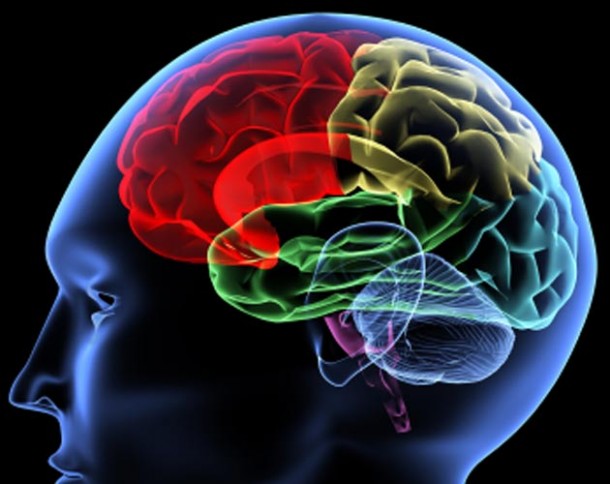Medicare Supplement Infographic
Created by http://freemedsuppquotes.com/.

The Power of Purpose – Episode 3
The Power of Purpose
In this episode, we explore the topic of the power of purpose. It might seem odd but when you shift your mindset to one of purpose, your role as caregiver can be completely transformed. Look at your caregiving journey as a opportunity not a burden and shift your purpose. Look for your daily moment of zen and please do let me know if these short audio segments are helpful to you. It would be most appreciated.
Podcast: Play in new window | Download
Subscribe: Apple Podcasts | RSS
Brain Stimulating Activities Decrease Risk of Mild Cognitive Impairment
 Mentally Stimulating Activities Reduce the Risk of Mild Cognitive Impairment (MCI)
Mentally Stimulating Activities Reduce the Risk of Mild Cognitive Impairment (MCI)
Engaging in some brain-stimulating activities was associated with a lower risk of developing MCI in a study of cognitively normal adults 70 and older, according to an article published by JAMA Neurology.
Mild cognitive impairment (MC is the intermediate zone between normal cognitive aging and dementia, so examining potential protective lifestyle-related factors against cognitive decline and dementia is important, according to the article.
The study by Yonas E. Geda, M.D., M.Sc., of the Mayo Clinic, Scottsdale, Ariz., and coauthors included 1,929 adults who participated in a study on aging in Minnesota. The participants were followed up to new-onset MCI during a median period of four years, at which point 456 participants had developed MCI.
Playing games, crafting, using a computer and engaging in social activities were associated with decreased risk of MCI, the study reports.
The authors note their study did not investigate possible mechanisms for an association between engaging in mentally stimulating activities and risk of MCI. The population-based study also was observational, which means it cannot establish cause and effect.
Our Friday Song of the Week – Love the One You’re With
Our Friday Song of the Week – Love the One You’re With
Meditation and Music May Help Reverse Early Memory Loss
 Meditation and Music
Meditation and Music
In a recent study of adults with early memory loss, a West Virginia University research team lead by Dr. Kim Innes found that practice of a simple meditation or music listening program may have multiple benefits for older adults with preclinical memory loss. Meditation and music, as i have often said, do work. Particularly music. I see it my live programs and the streaming concerts I bring into people’s homes. People come alive.
In this randomized controlled trial, 60 older adults with subjective cognitive decline (SCD), a condition that may represent a preclinical stage of Alzheimer’s disease, were assigned to either a beginner meditation (Kirtan Kriya) or music listening program and asked to practice 12 minutes/day for 12 weeks. As detailed in a paper recently published by the Journal of Alzheimer’s Disease, both the meditation and music groups showed marked and significant improvements in subjective memory function and objective cognitive performance at 3 months. These included domains of cognitive functioning most likely to be affected in preclinical and early stages of dementia (e.g., attention, executive function, processing speed, and subjective memory function). The substantial gains observed in memory and cognition were maintained or further increased at 6 months (3 months post-intervention).
As explained in the research team’s previous paper (J Alzheimer’s Dis. 52 (4): 1277-1298), both intervention groups also showed improvements in sleep, mood, stress, well-being and quality of life, with gains that were that were particularly pronounced in the meditation group; again, all benefits were sustained or further enhanced at 3 months post-intervention.
The findings of this trial suggest that two simple mind-body practices, Kirtan Kriya meditation and music listening, may not only improve mood, sleep, and quality of life, but also boost cognition and help reverse perceived memory loss in older adults with SCD









